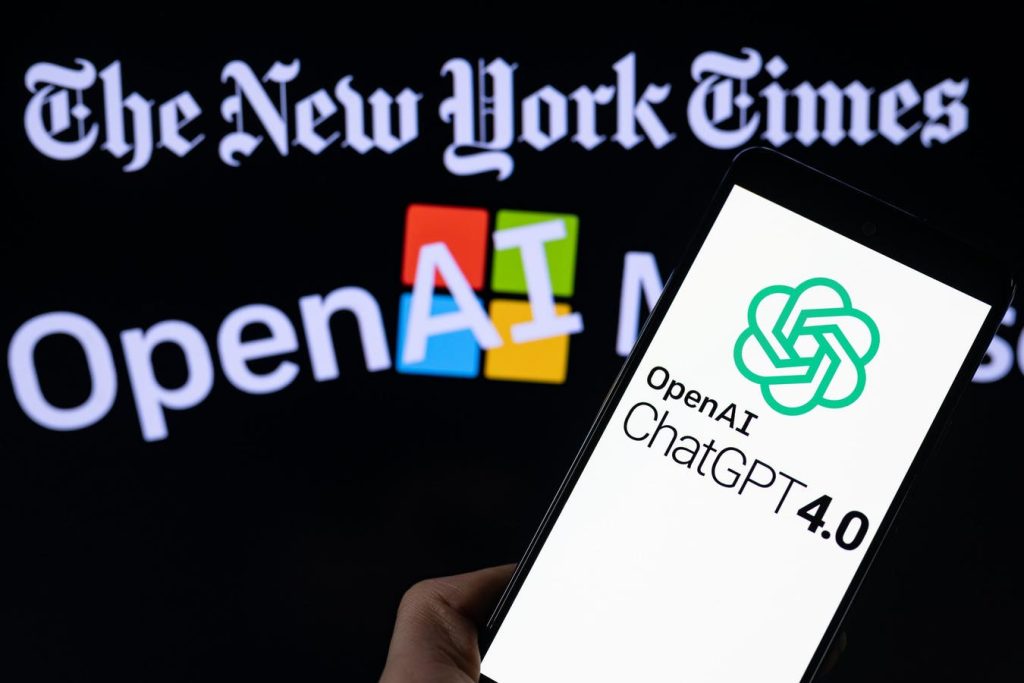Eight daily newspapers owned by Alden Global Capital, including The New York Daily News and Chicago Tribune, have filed a lawsuit against OpenAI and Microsoft, alleging that the chatbots created by these companies regularly surfaced the entire text of articles behind subscription paywalls. The claims could take more than five years to work through the courts, with OpenAI potentially facing a multi-billion dollar fine if found guilty. Some publishers, like Le Monde and Alex Springer, have chosen to make deals with OpenAI instead of pursuing legal action.
Vidu, a text-to-video generator developed by Tsinghua University and Chinese AI firm ShengShu Technology, has emerged as a competitor to OpenAI’s Sora. Vidu is China’s first tool of its kind and has the ability to generate videos up to sixteen seconds long. It offers a China-first perspective on the world, though it remains unclear when or how the technology will be made available to users in the West.
ChatGPT has introduced a new feature called Chat GPT Now Remembers, allowing the AI to retain details across multiple interactions and making it a more helpful assistant. This feature is accessible to ChatGPT Plus users, who can prompt the AI to remember information by instructing it with specific commands. Users have full control over the stored memories and can enable, reset, or delete them as needed.
The Rabbit R1, a portable all-in-one AI assistant, has received harsh reviews following its release, with many critics questioning its functionality and necessity. The device, which was intended to be the anti-smartphone, has faced criticism for its limited capabilities and lack of compelling reasons for users to choose it over their smartphones. Despite selling over 100,000 units of the $199 version 1, the Rabbit R1 has struggled to gain widespread adoption.
Filmmakers Paul Trillo and Jordan Ray Allen have used AI technologies, including OpenAI’s Sora, to create innovative music videos and pay homage to iconic films. Trillo’s music video for Washed Out’s “The Hardest Part” was the first commercial music video made with Sora, while Allen revisited the character of Jules from Pulp Fiction using AI tools. The use of AI in filmmaking has raised questions about the future of the industry and whether AI-produced films could win prestigious awards like Oscars.
The possibility of an AI-produced film winning an Oscar within the next seven years has sparked debate about Hollywood’s embrace of AI technology. Some industry experts believe that AI could revolutionize filmmaking, while others are skeptical of its impact and potential to replace traditional methods. The discussion of AI in filmmaking is explored in the podcast “This Week in XR,” hosted by author Charlie Fink, Ted Schilowitz, and Rony Abovitz, where guests Jennifer Tuft and Cassandra Rosenthal discuss the role of AI in the entertainment industry.


